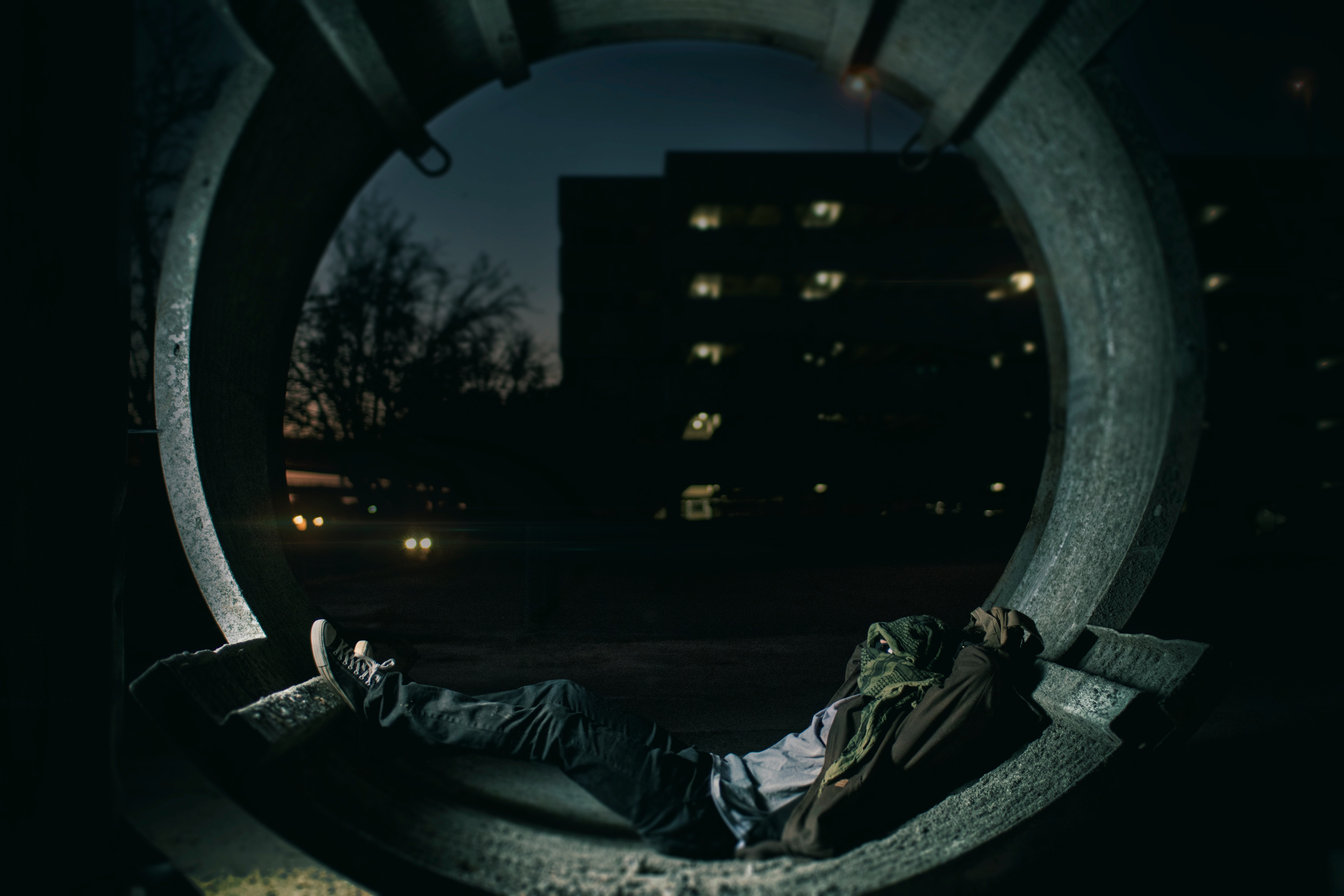I recently volunteered with a program that provides food to the homeless of Washington. However, what I went in expecting was quite different from what I actually observed. The atmosphere was warm and inviting — everyone was gathered in the basement of a church, where the food was made in the kitchen and then served in the dining hall.
At first, I was overwhelmed. The best way to describe it is organized chaos: the volunteers shuffled back and forth balancing trays on their hands, as the rattling of pots and pans played in the background. A radio hooked up to the wall in one corner of the dining hall played retro music from the 1970s added to the warm feeling. The organization’s leaders did their best to make the program feel like a home for the guests to enjoy a well-cooked meal.
Along with the excitement of cooking in the kitchen, my favorite part of the experience was getting to talk to some of the guests while they were waiting for their meals. Most people I spoke with were very open and honest about their lives and how they ended up in their situation. I was surprised by the candor of people who told me about how they recently lost their job, or that they didn’t have any family members to lean on. I spoke with people who used to have fulfilling lives and steady jobs — musicians, teachers and plumbers alike. A good chunk of the guests had even finished their secondary education. This opened my eyes to the fact that homelessness is not exclusive to the severely impoverished; it can fall upon anyone given the situation.
From this experience, I learned homelessness can be less of a chronic issue than the result of a sudden and tragic occurrence; like the loss of a job, family member or mental illness. It dawned on me that the biggest challenge they face is getting back on their feet to live their normal lives again. The issue with this is that once a person becomes homeless, their primary concern is where they are going to get their next meal, where they are going to sleep at night and how they are going to stay safe despite being in a vulnerable position. When faced with threats to basic needs such as these, preparing for a job interview may not be the first thing on a person’s mind.
This is why it is so crucial for there to be organizations that not only focus on providing for the basic needs of homeless people, but also on teaching them useful skills that will help them become independent and gain financial stability once again. Even though homelessness has several complex facets, our society needs to stop looking at homeless people as lost causes. We need to pool together all our resources to bring up the most vulnerable people in our society. It is time to realize that one person’s homelessness should not be their burden to bear alone.
Asha Kodan is a freshman biology major. She can be reached at ashakodan@ymail.com.



